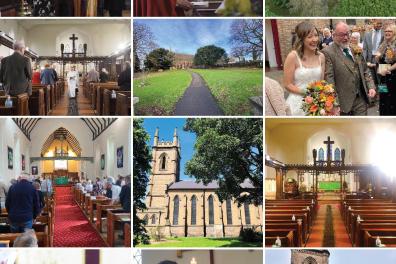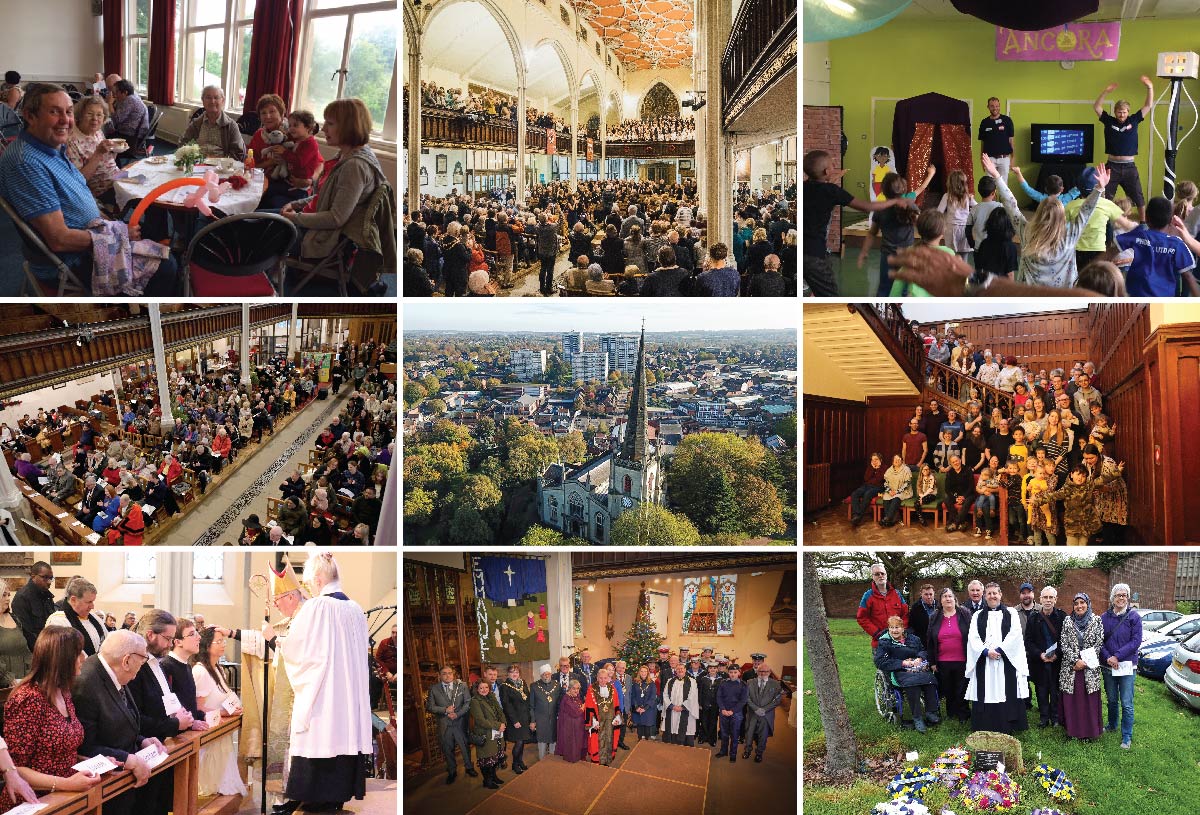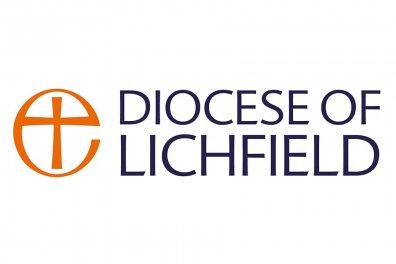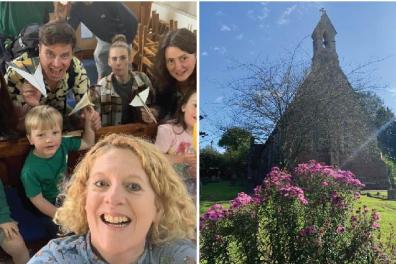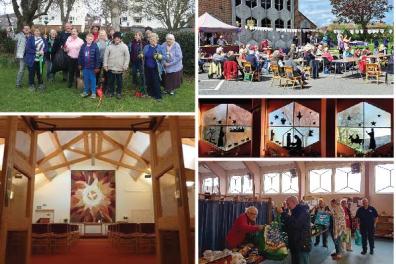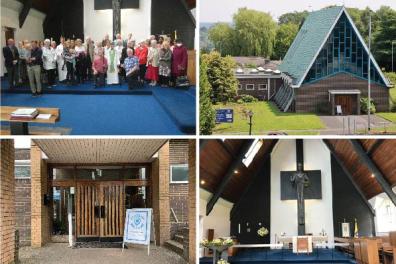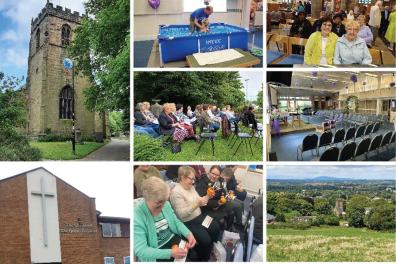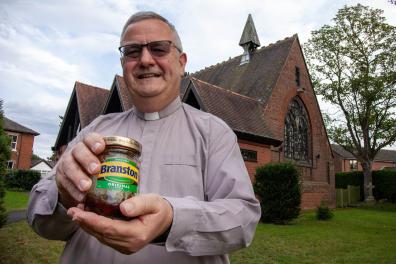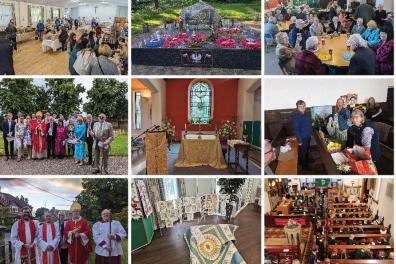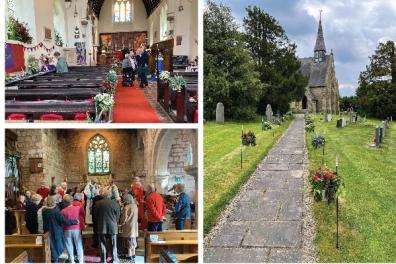 Cradled at the intersection of the Midlands and the North, and the interface between England and Wales, the Diocese of Lichfield is the ancient centre of Christianity in what was the Kingdom of Mercia.
Cradled at the intersection of the Midlands and the North, and the interface between England and Wales, the Diocese of Lichfield is the ancient centre of Christianity in what was the Kingdom of Mercia.
We are rightfully grateful for the inheritance we have from St Chad that leads us to focus on Discipleship, Vocation and Evangelism as we live and serve among the communities of Staffordshire, northern Shropshire and the Black Country.
Wherever in the Diocese you may be placed, you will benefit from being part of a wider family, mixing with people serving in a wide variety of contexts – from the grittiest inner-city neighbourhoods of Stoke and the Black Country, to the leafiest rural parishes of Staffordshire and Shropshire, to the sparsest upland communities of the Staffordshire Moorlands and Welsh Borders.
And we embrace the widest spectrum of church traditions – evangelical and catholic, liberal and conservative, choral and charismatic, as we journey together – as a colleague recently put it, it is our goal to be a ‘spacious and gracious diocese’.
It is my determination and that of my episcopal colleagues that your calling to a title post will be a time of encouragement, ongoing formation, challenge and (while rarely unbridled) joy. Our colleagues among the diocesan staff keenly bring their various specialisms both spiritual and practical to serve our parishes, fresh expressions, schools and chaplaincies.
+Rt Revd Dr Michael Ipgrave
Bishop of Lichfield
As we follow Christ in the footsteps of St Chad, we pray that the two million people in our diocese encounter a Church that is confident in the gospel, knows and loves its communities, and is excited to find God already at work in the world. We pray for a church that reflects the richness and variety of those communities. We pray for a Church that partners with others in seeking the common good, working for justice as a people of hope.
(Diocesan Vision Statement)
Curacy in Lichfield Diocese
Supporting learning and formation
Curate learning, formation and development is strongly valued and affirmed in Lichfield Diocese. Curates receive ongoing supervision and reflection on ministry in the parish, complemented by our curate-training programme in which you share with your year-group of peers. The aim of the training programme is to enable each person to flourish in their ministry and inhabit more deeply their vocation as deacons and priests. This programme supports learning and formation through a partnership between the Diocese and The Queen’s Foundation. And it takes place in the context of parish supervision and reflection on ministry.
The programme provides space and an environment beyond the parish context in which curates come together with skilled tutors to learn with and from each other’s shared experience, so that they can better integrate their practice and reflection, develop their personal qualities, spiritual, ministerial and professional gifts and skills, and deepen their desire to learn.
Pattern of training
The programme focuses on grounded and situated learning and prioritises the Diocese‘s focus on Discipleship, Vocation and Evangelism:
- In Year 1 establishing you in your new ministerial context and practice, and supporting your preparation for ordination as priest.
- In Year 2, deepening your practice and understanding of mission and ministry with the theological tools and skills you need to contextualise this.
- In Year 3 helping you prepare for life-long ministry and to take up a post of responsibility to be entered into with skill and confidence.
At the heart of the programme are residential events which bring together a year-group of curates. They reflect the diversity of the Church, while the different ministry contexts reflect the diversity of the Diocese. This cohort is the primary context for the essential learning and formation to develop your ministries, focusing on ministerial formation, and on the development of relationships which enable mutual flourishing for all.
Opportunities for academic awards
Alongside the IME2 training you may wish to continue studying on an accredited pathway with Common Awards. Curates who already have a Diploma award from IME1 may register for a BA in Theology, Ministry and Mission. Others who already have a degree or higher award or are recognised as potential theological educators have opportunities to further their studies alongside their curate programme.
Care for curates and families
The wellbeing of clergy and their families is very important to us. In addition to the supervisory aspects to curacy, we have a free, confidential counselling service (the Listening Ear scheme) for all clergy, diocesan staff and their families.
Housing and Accommodation
The Diocese of Lichfield either has a curate’s house in the benefice or a ‘strategic’ house for curates in close proximity of the benefice. These are good houses, mainly with three to four bedrooms. If there is no curate’s house in the benefice and where such a strategic property exists within easy reach of the proposed training parish this will be the preferred curate’s house. If there is no strategic housing available nearby the diocese is committed to providing appropriate accommodation for all those entering ministry. We generally do not offer rented accommodation except as an emergency short term measure. Our curates can be confident that their home will be of a consistently high standard. If you wish to know further details about the house, the BDO will be able to provide you with more information.
More info
– contact The Revd Preb Romita Shrisunder, Bishops’ Director of Ordinands
